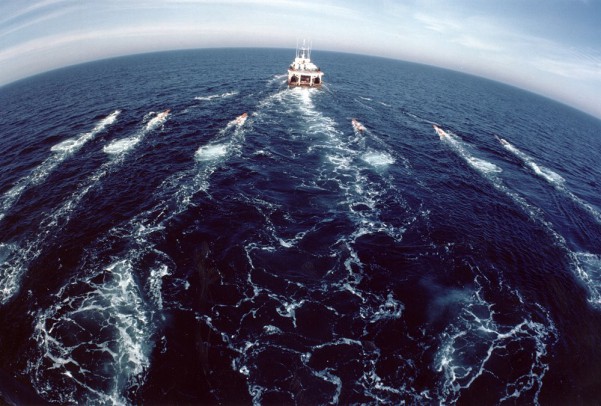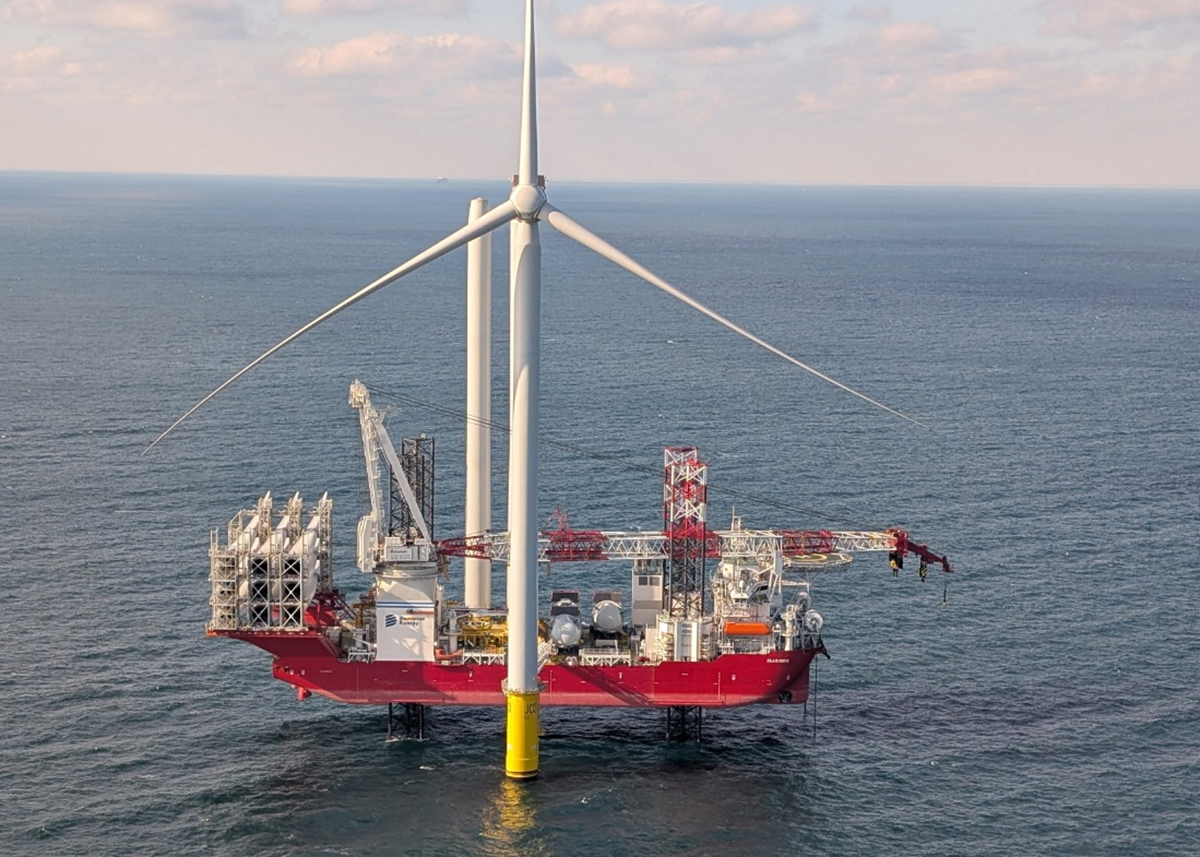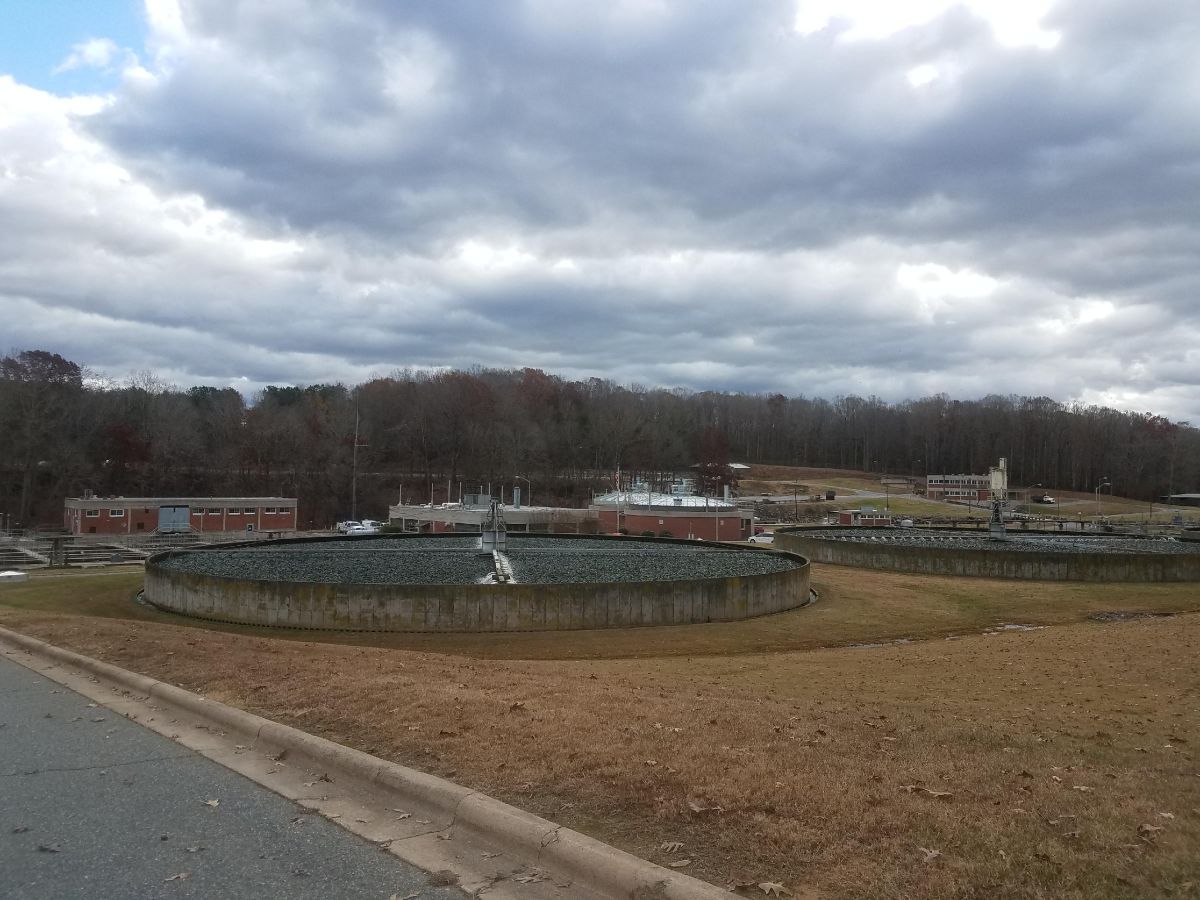
Sen. Thom Tillis, R-N.C., announced this week that President Trump had agreed to prevent drilling for oil and natural gas off the North Carolina coast, but the president has yet to speak publicly on the matter, and his administration says it is still moving forward with permitting for seismic exploration in the Atlantic.
Tillis, whom polls show trailing his Democratic Party challenger Cal Cunningham, announced Monday that Trump had agreed to add North Carolina to a multistate moratorium on Atlantic offshore drilling announced earlier this month.
Supporter Spotlight
The president announced Sept. 8 during an event in Jupiter, Florida, an order to extend the moratorium on offshore drilling on Florida’s Gulf Coast and expand it to Florida’s Atlantic Coast, as well as the coasts of Georgia and South Carolina. North Carolina was not included at the time.
Tillis said Monday that he had spoken with Trump who agreed North Carolina would be included in the presidential memorandum withdrawing new leasing for offshore oil and gas developments for the next 12 years.
Also on Monday, the Department of Justice filed a document with the U.S. District Court for the District of South Carolina, Charleston Division, stating that Trump’s memorandum “has no legal effect” on the status of the applications to conduct seismic surveys in the Atlantic Outer Continental Shelf that are pending before the Bureau of Ocean Energy Management.
“If Trump were remotely serious about protecting Florida and the Carolinas from offshore drilling, he wouldn’t be allowing oil exploration along the coast,” Kristen Monsell of the Center for Biological Diversity Action Fund said in a statement. “This Justice Department filing underscores the appalling emptiness of Trump’s election-year effort to hoodwink voters. Seismic testing’s sonic blasts harm whales and other marine life, and they set the stage for future drilling and devastating oil spills.”
The process for the pending seismic permits requires two sets of approvals, one from the National Marine Fisheries Service for incidental harassment authorizations, or IHAs, under the Marine Mammal Protection Act, and the BOEM permits allowing the companies to conduct the seismic surveys.
Supporter Spotlight
The ongoing challenge, which is a consolidation of two previously separate cases, claims that the National Marine Fisheries Service violated the Marine Mammal Protection Act, the Endangered Species Act and the National Environmental Policy Act when it issued Incidental Harassment Authorizations, or IHAs, in November 2018. The permits authorizing five companies to harm or harass marine mammals while conducting seismic surveys in waters from Cape May, New Jersey, to Cape Canaveral, Florida, are set to expire in November.
The court has scheduled a status conference for Oct, 1, Monsell told Coastal Review Online in an interview Thursday.
“The agency has been issued a process by which they can extend the effectiveness of IHAs for a year. And so, it’s possible the agency could try and invoke that extension here to have the permits effective for another year, but they haven’t yet done so and their filing was silent on that piece and what their what their intentions are,” said Monsell.
She said the status conference set for next month will include discussion of documents the government is trying to keep from becoming public that point to political interference by officials in Washington, D.C., especially regarding measures that government scientists wanted to include help ensure additional productions were in place for critically endangered North Atlantic right whales.
“So, the rest of the briefing schedule on the case is sort of tied off of when the court rules on whether or not those documents can can come in,” Monsell said.
The groups suing the federal government contend that seismic testing could harm dolphins, whales and other animals. The plaintiffs contend that the seismic testing will occur around the “world’s densest population of acoustically sensitive beaked whales off North Carolina’s Outer Banks.”
Drilling opponents welcomed Tillis’ announcement earlier this week.
The North Carolina Coastal Federation on Wednesday thanked those who had spoken out against offshore drilling.
“Offshore drilling and seismic surveying for oil and gas exploration are not the types of activities that are compatible with our vibrant coastal environment and economy. Thank you to everyone that contacted their local, state, and federal representatives to request they pursue action that expands the moratorium for North Carolina and the entire Atlantic Coast,” the federation said in a statement.
Tom Kies of the Business Alliance for Protecting the Atlantic Coast, which opposes seismic testing and oil exploration off the Atlantic Coast and supports offshore wind, told Coastal Review Online Wednesday that earlier this year he had a virtual visit to Tillis’ office to discuss offshore oil and seismic testing. Kies also serves as president of the Carteret County Chamber of Commerce.
“At the time, we were pleasantly surprised to see the positive response. I’m gratified that both Thom Tillis and Gov. Cooper have the best interests of the North Carolina coast in mind. I’m disappointed, however, that the moratorium doesn’t stop seismic testing,” he said. “And I have a concern that because this is a moratorium by presidential memo, it could rescinded as quickly as it was agreed to. Tourism is the driver in our economy here on the coast and the last thing we need is anything that might affect that.”
He added that he would feel better once Trump confirms the announcement.
On Tuesday, Gov. Roy Cooper noted the lack of confirmation from the Trump administration that it will extend the offshore drilling moratorium to North Carolina’s waters, as stated in Tillis’ announcement.
“It’s good the President finally appears to have listened to the bipartisan voices of North Carolinians who for years have been fighting this administration to stop oil drilling off our coast. I will stay vigilant and ready to resume the fight in the event the federal government makes any move toward offshore drilling,” Cooper said.
The Cooper administration also emphasized that there have been repeated attempts to get the president to protect the state’s coast and economy from the dangers of drilling and oil exploration.
Cooper had urged in a letter dated Sept. 15 that the Trump administration include North Carolina in the moratorium.
In 2018, Trump announced plans to open nearly all federal waters to offshore drilling in his draft five-year program for oil and gas development on the Outer Continental Shelf. He later granted Florida an exemption from that program after objections from Florida’s Republican Gov. Rick Scott.
In early September, a Texas-based company withdrew its permit application to conduct seismic surveys for oil and natural gas off the coast of the Carolinas.
The Sept. 4 letter from WesternGeco LLC Vice President Adil Mukhitov to the Bureau of Ocean Energy Management, or BOEM, served as formal notice of company’s withdrawal of its application.
The letter was made public before Trump’s Sept. 8 announcement to expand the moratorium on offshore drilling.
The proposed survey area spanned from the northern border of Virginia to the southern border of South Carolina, including the entire coast of North Carolina, per a state Department of Environmental Quality’s Division of Coastal Management document.
DCM denied in June 2019 permits for the company to conduct geological and geophysical surveys in the Atlantic. The state agency determined that the proposal was incomplete, inconsistent with the state’s enforceable coastal management policies, and would harm fish and other marine life and put at risk coastal habitats and the coastal marine economy, according to DCM.
The Commerce Department overruled the state’s objection to WesternGeco’s permit in June.







